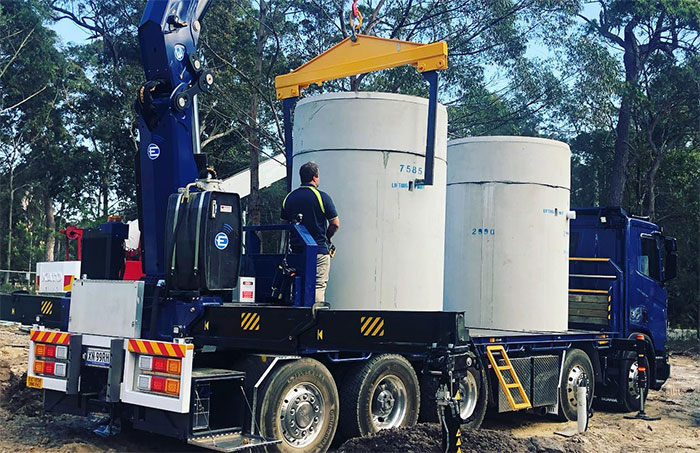Grey water and black water – recycling water in your home
Recycling water in your home is a great way to save costs and be environmentally friendly. As a homeowner, it is important to understand the different types of household wastewater and the ways in which these can be disposed and recycled.
The NSW Department of Health states that there are three types of household wastewater:
- Black water – this is wastewater that is generated from a toilet, it is heavily and directly contaminated with human waste.
- Grey water – this is wastewater which does not come from a toilet and includes wastewater from a hand basin, shower, laundry and kitchen.
- Sewage – this is a combination of both blackwater and greywater.
This wastewater can be disposed on in three ways:
- Centralised – through pipes called sewers into a sewerage system and treated in a single large sewage treatment plant where it can be converted into a resource for selective reuse for car washing, outdoor household garden watering, toilet flushing, golf course watering and irrigation of crops. The treated effluent may also be discharged into rivers and oceans.
- De-centralised – through pipes into a local community small sewage treatment plant for local community reuse.
- On-site single domestic wastewater management systems, where the sewage or components such as greywater must be fully treated for utilization or reuse within the property boundaries.
An example of an onsite domestic wastewater management system is an Aerated Wastewater Treatment System (AWTS). A BioSeptic AWTS treats household wastewater and produces is as treated effluent that can then be reused in your garden. Wastewater is treated and recycled to the property where it is produced, rather than moving the waste problem to a town sewage treatment plant.
If you install a BioSeptic AWTS in your home, it means that you will pay for your water once and use it twice. It is an economical and environmentally solution.
Are you looking for an AWTS? Or know someone that is? Why don’t you share this article with them?
Source: http://www.health.nsw.gov.au/environment/domesticwastewater/Pages/default.aspx





